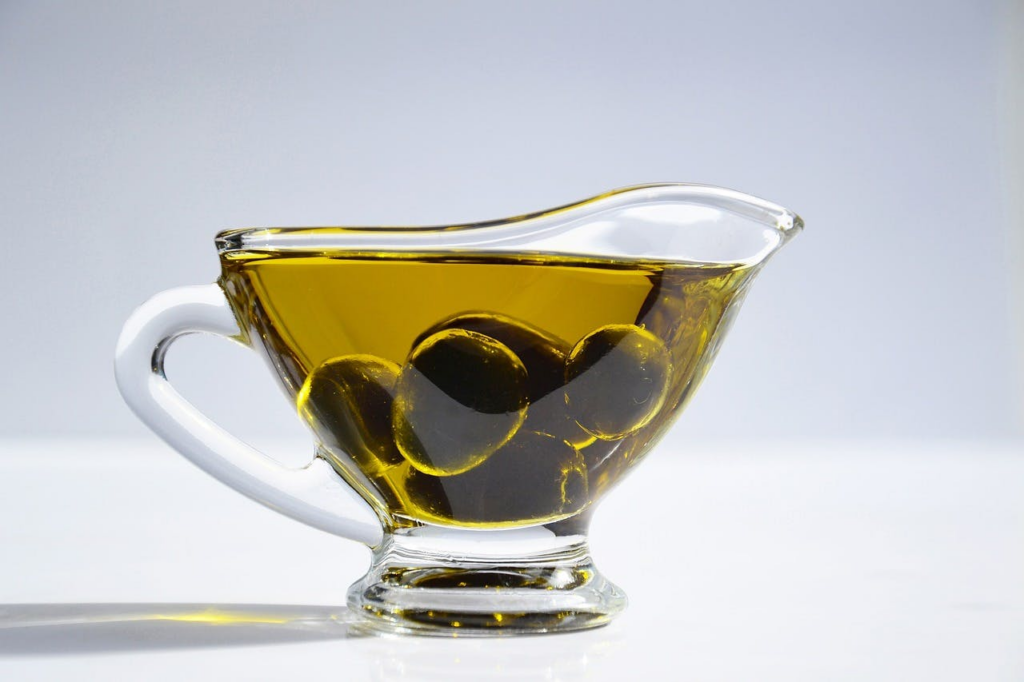Oil is a fatty substance of animal, vegetable, or mineral origin. It can be characterized by different types of saturated or unsaturated fatty acids. Vegetable oils are very regularly victims of food fraud (addition of inferior quality oil, addition of chemicals, etc.).
What is adulteration of vegetable oils?
Vegetable oil adulteration is the most common form of fraud in the food industry. It involves the fraudulent practice of adding other, less valuable oils to a quality oil. This can lead to oil labels being misleading or inaccurate. This type of fraud poses a real risk to the food industry and its consumers.
How can we highlight this fraud?
YesWeLab and its partners are able to identify potential fraudulent activity in your product. We assist you in analyzing the composition of your oil and determining its fatty acid profile. Our team of experts will help you interpret your results and identify potential adulteration.
We analyze all vegetable oils:
Mango kernel, Amaranth, Peanut, Argan, Avocado, Oats, Sea buckthorn berry, Cocoa butter, Shea butter, Borage, Camelina, Safflower, Hemp, Chia, Rapeseed, Copra, Crambe, Cumin, Black cumin, Cuphea ilavea, Cuphea leptopoda, Fenugreek, Wheat germ, Sea buckthorn seed, Cotton seed, White mustard seed, Flax, Lupin, Corn, Hazelnut, Walnut, Coconut, Macadamia nut, Pili nut, Olive, Evening primrose, Palm, Palm kernel, Blackcurrant seed, Melon seed, Watermelon seed, Grape seed, Perilla, Pistachio, Purslane, Glasswort, Buckwheat, Sesame, Soybean, Sunflower, etc.




